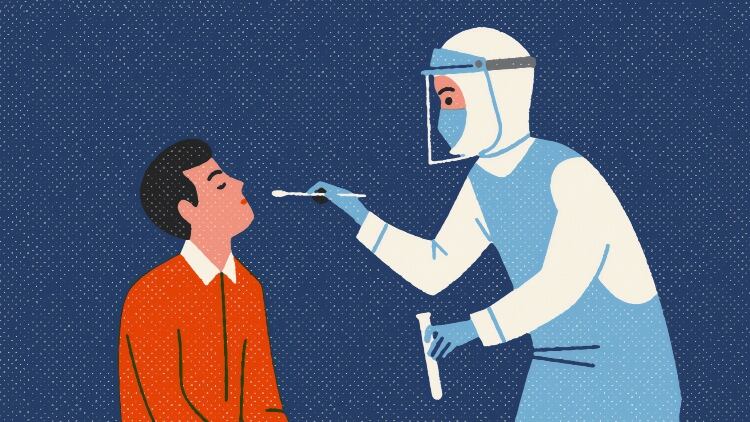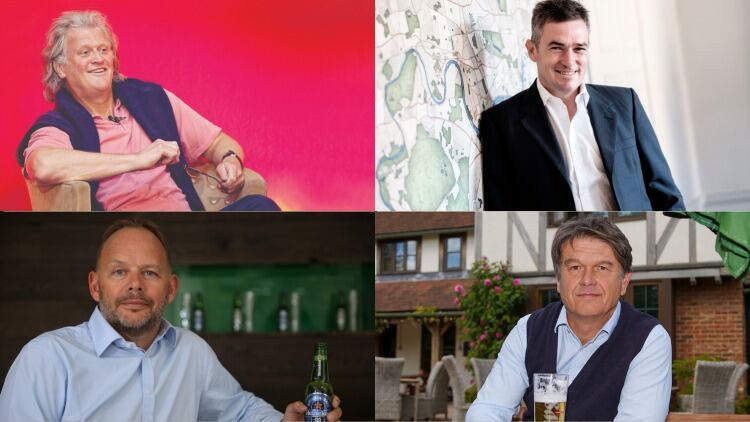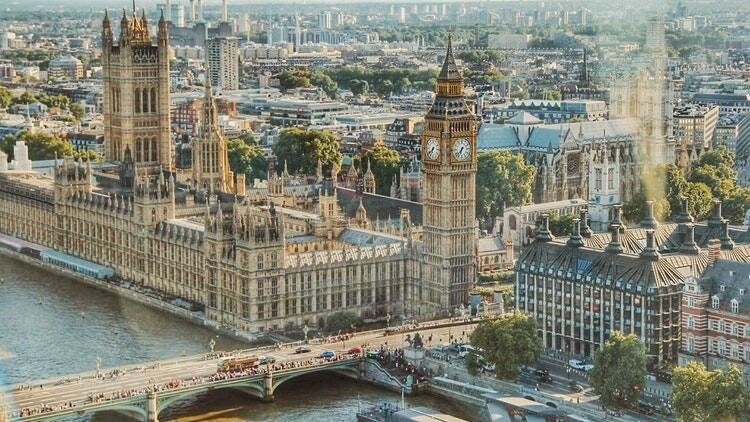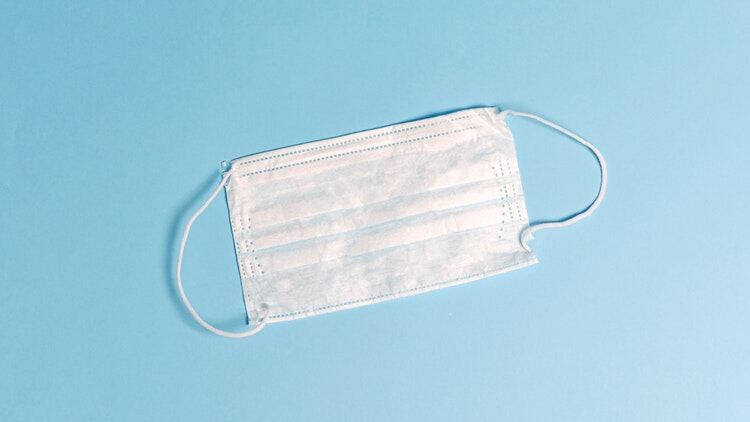The UK's weekly rate of new Covid-19 cases has risen above 20 per 100,000 people – the rate at which Government considers imposing quarantine on people arriving from overseas. This has prompted Prime Minister Boris Johnson to cough up a raft of new Covid-secure measures for the hospitality sector.
In a statement to the House of Commons on 22 September – a day that also saw the highest number of new cases since 7 May – Johnson revealed that bar, restaurant and pub goers will be required to wear face masks “except when seated at a table to eat or drink”, while staff face coverings will also become mandatory.
What’s more, the Prime Minister prescribed a 10pm curfew for venues – “closing, not just calling for last orders” – as well as mandatory table-service only policies from Thursday 24 September, adding that fines of up to £10,000 could be issued to businesses which are found to break Covid rules.
With these new measures following the imposition of mandatory contact detail collection from Friday 18 September, many in the pub sector feel aggrieved at being seemingly singled out or even punished.
"Nobody wants to be curtailing the right of restaurants and other businesses to go about their lawful business,” Johnson said in defence of the measures. “What we've seen from the evidence is that, alas, the spread of the disease does tend to happen later at night after more alcohol has been consumed.”
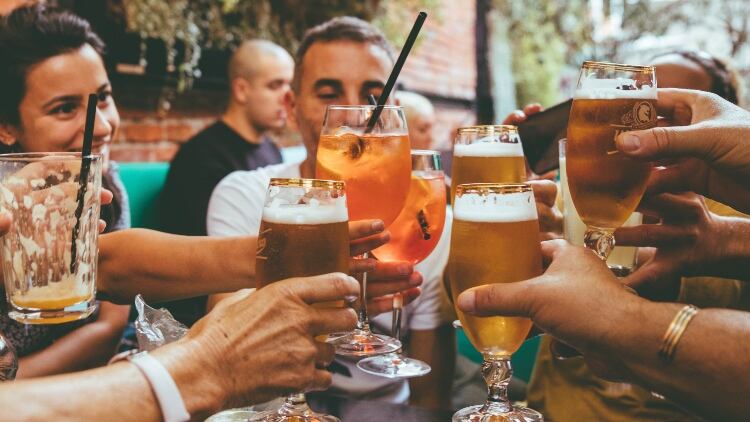
Finger pointed at pubs?
To put it mildly, the sector remains unconvinced by the Prime Minister’s logic.
"There's nothing magic about 10pm,” London's night czar Amy Lamé said via Twitter. “The virus doesn't care what time it is. What we need is a fully functioning testing system and a fully functioning contact tracing system."
What’s more, JD Wetherspoon boss Tim Martin told the Press Association that he felt the Government was “out of touch and out of control”.
“Most people think of a pub, a vision from their youth, people dancing, loud music and raucous behaviour,” he explained.
“Most pubs are not like that and no pub when operating social distancing is like that. Why have they done it?
“The only thing I can think of is they must have the stats for pubs, very low figures for transmissions, so the reason they have done is it’s for PR reasons. They want to be seen to be doing something.
“A curfew is a bad idea because at the moment there’s relatively low level of transmissions in pubs.”
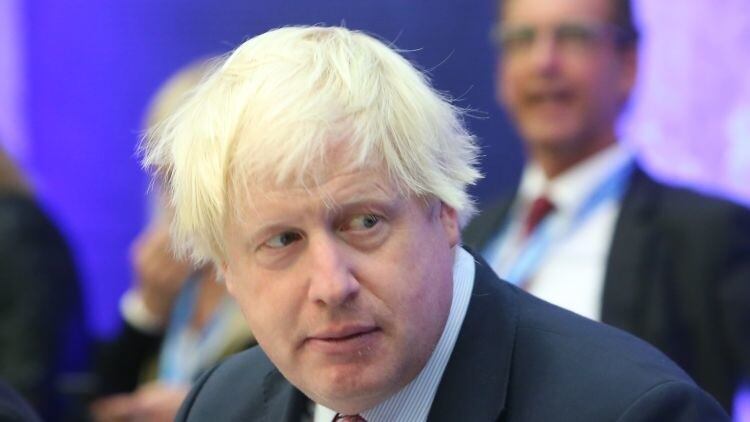
Hard to understand
But what do the numbers say?
Suffolk-based brewer and pub operator Greene King revealed that fewer than 1% of its 1,700 managed pubs have been contacted by NHS Test & Trace since reopening in July, demonstrating that pubs are not disproportionately spreading cases, according to chief executive Nick Mackenzie.
What’s more, according to Public Health England’s (PHE) surveillance report for England, in the week commencing 4 July when pubs were legally allowed to reopen cases fall by 1,890 versus the week prior to 3,622.
While the number of cases between 29 July to 1 September – covering the 3 to 31 August Eat Out to Help Out discount period – increased by 2,704, the reopening of most schools, nurseries and universities in England from 1 September appeared to herald the two largest increases in cases since the lifting of lockdown.
The biggest jump in reported cases was recorded during the week from 9 to 15 September when the number of cases leapt by 5,615 to 18,660, which immediately followed the second largest increase during the week to 8 September, which saw a rise of 5,144 to 13,045.
“It is hard to understand how these measures are the solution to fighting the disease when Government data shows that just 5% of infections out of the home are related to hospitality,” UKHospitality chief executive Kate Nicholls explains.
“Where such restrictions have been put in place locally they have not cut infection rates, merely damaged business and cost jobs.”
Asked whether he felt pubs are receiving an unfair share of the blame for the spike in cases, James Lyon-Shaw – who owns the Surrey and Berkshire-based Brucan Pub Company – says: “in a nutshell, yes.
“We are receiving so much of the blame,” he tells The Morning Advertiser (MA). “It’s easy to direct the blame at hospitality because of its inherently social setting - but the powers that be are completely overlooking the fact that we have all worked so hard to make our restaurants Covid safe.”
Lyon-Shaw argues that, from his point of view, there is a “massive contradiction” in sending everyone back to work and to eat out in August and then reversing the message so drastically.
"It’s important to note however that we do not see ourselves as victims here,” he adds. “As an industry we need to stay positive, drive our business and adapt to the changing landscape.
“There are few sectors more resilient than hospitality and we will survive the challenges.”
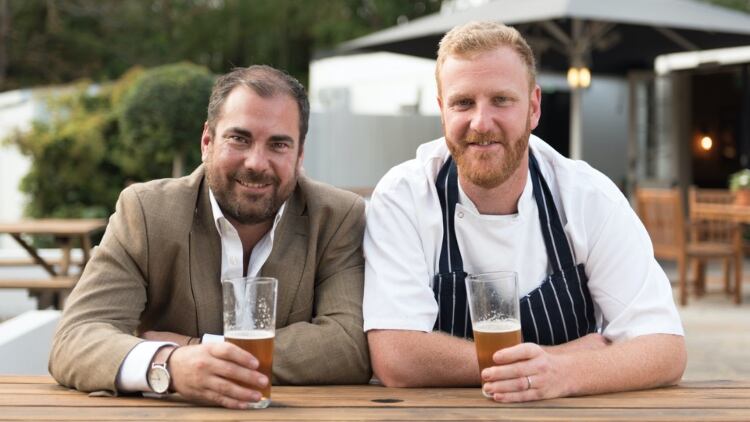
European trend
Oakman Inns' chief executive Peter Borg-Neal adds that a hospitality venues such as pubs following protocol shouldn't have any transmissions, highlighting the record of his own 28-strong stable across Southern England and the Midlands as evidence.
“We reckon we have had 1.5m unique customer visits since opening and nobody has caught Covid in an Oakman inn,” he tells The MA.
“They're trying to deflate attention of their incompetence and failure around care homes and trying to blame hospitality instead. It's a political game."
Borg-Neal also cites that Ireland had been in the throes of a spike in cases since August, when its infection rate climbed from four per 100,000 people to 26 per 100,000 in the fortnight to 19 August, despite pubs remaining closed until 21 September.
“So, what? Is the coronavirus in Ireland teetotal or something?” he adds.
This lack of correlation between the reopening of pubs and surges in Covid-19 cases appears to span a number of European countries according to data from the European Centre for Disease Prevention and Control (ECDC).
The Czech Republic, for example, reopened pub gardens and terraces from 11 May with indoor areas reopening under tight restrictions a fortnight later, however, it took until 21 August for the number of daily cases to surpass the highest number seen in March (408 on 26 March) when venues had already been open for months.
Similarly, in Austria restaurants were allowed to reopen from 15 May provided they adhered to rules including a maximum of four adults per table – with at least 1m distance between diners – with service staff required to wear masks while taking orders and serving. However, according to the ECDC's figures, the number of new daily cases remained in double figures every day between April 17, when it stood at 155, and 30 June when it hit 111.
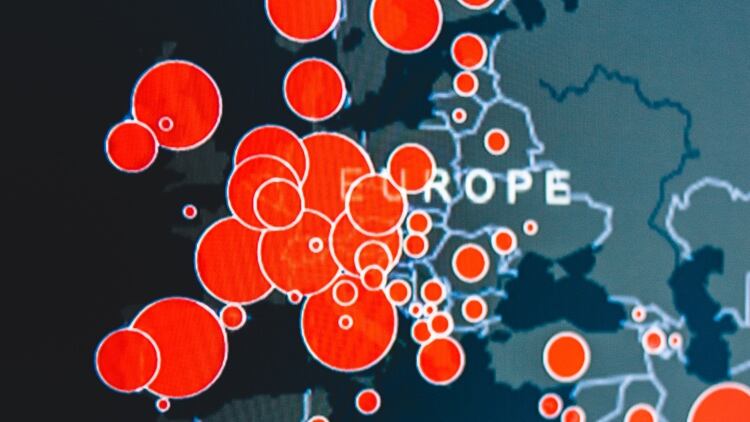
Pubs need help
According to Dr Jake McKnight, a global health researcher at Oxford Health System Collaboration based within Tropical Medicine at the University of Oxford, the virus is here to stay and is likely to circulate until we have a cure or a vaccine.
“Until that time, it will be necessary for the Government to make trade-offs between the risks of further infections and keeping the economy afloat,” he tell The MA.
“One of the ironies of the regular rule changes for pubs and bars is that the Government delayed its initial actions back at the start of the pandemic because they feared 'fatigue' with rules, but the public has struggled to keep up with the often-confusing messages.
“Although it's difficult to compare countries, it seems setting rules and sticking to them, has allowed countries like Sweden to keep schools, restaurants and pubs open, but to encourage better practices amongst its whole population.”
Though McKnight – who is also a board nember of OpenClean Technologies and an inventor of the PullClean hand sanitising door handle – goes some way in echoing the Prime Minister’s claims that policies like early closing times make “some sense” because people become less inhibited as they drink more, he feels the Government should focus on encouraging Covid-secure behavioural changes rather than “quick fixes” that potentially stifle trade.
“While it's very difficult to ascertain the direct role of pubs in recent outbreaks, the data from various countries have shown increases in infections among young people, and the assumption is that it is social meetings amongst this group that is to blame,” he explains. “But we don't know the contribution of pubs relative to house parties and meet-ups at other venues.
“I'd personally prefer to see a more proactive Government approach that helped pubs become safer. Reducing the number of people allowed in pubs, ensuring they keep their distances, encouraging ventilation and hand hygiene, would likely have a bigger impact than a 10pm curfew, but pubs need help with this.
“While there have been some owners that have shown a great deal of invention and cleverness in their approach, there are others who've sat some sanitiser on the bar and went on as usual,” he caveats. “The images of hundreds of people crammed into pubs and bars in Aberdeen showed a real failure and these owners do the industry a disservice.
“I fully believe pubs can be safe and stay open late, but it's time to get serious about infection control, or we'll be looking at lockdowns and more pubs going under.”
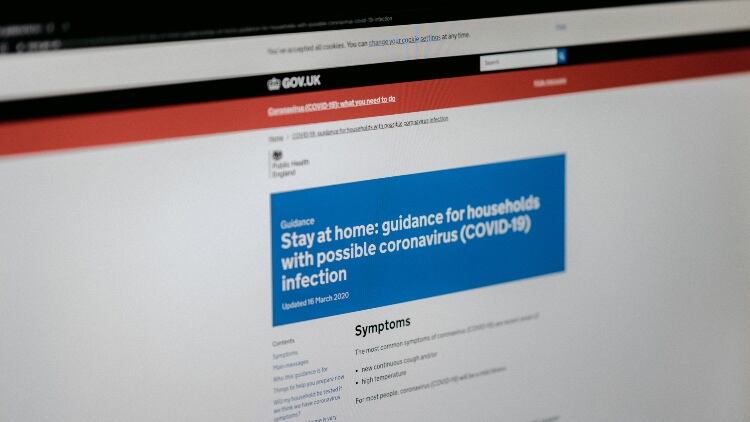
Disconnect between pubs and policy
"If you're asking what role pubs have played in the current rise in infections, I think the answer is 'we don't know',” Doctor Sridhar Venkatapuram, associate professor at the Global Health Institute at King's College London, says.
With infections once again rising, and large gatherings or “super spreader” events already legislated for, Venkatapuram believes pubs have been identified as potential places where large numbers of people could be infected by one person rather than blamed for the current spike.
“I think this is a precautionary measure in a moment where we're having rising infections to try to curtail any places where that kind of interaction happens,” he explains. “Restaurants and pubs are the only places where strangers meet in a closed space, and so that obviously seems like one place that would be a high risk, particularly in hotspots.
“What we now know is that it's not just one city or one town, there are many places that this is happening and so I think that's the aim of trying to minimise the risk of potential infections across a large number of people rather than one-to-one transmission."
Reflecting on whether pubs and their operators are getting unfair attention, Venkatapuram tries to put the disconnect into perspective.
"The idea is that we are in a moment of rising infections and these will not just simply go away until people change their behaviour,” he says. “Part of that is trying to find places where people are congregating, and the pubs and restaurants are a place that happens. That's why they're under attention.
"There have been some inconsistencies in Government policy where you're not allowed to visit your family in different kinds of institutions but then you can go have a drink,” he continues. “It seems very odd that people can go out and have as many beers as they like and a good night out but they can't go and do some other important things like attend funerals or weddings. That's one of the reasons there seems to be a bit of a disconnect.”
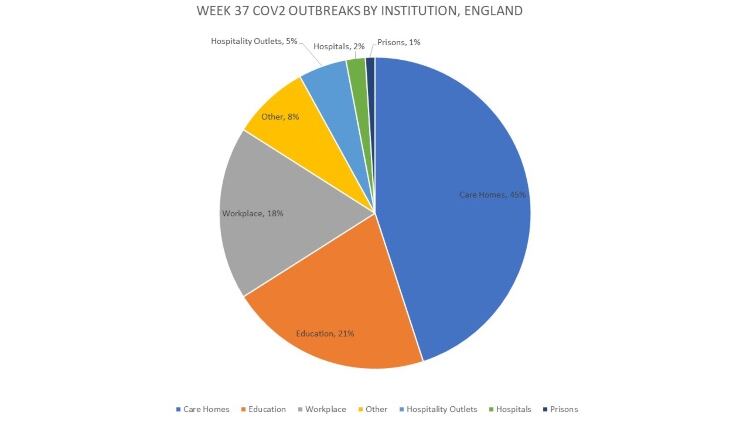
Hospitality 'ahead of the curve'
Throughout the pandemic, health and safety consultant Food Alert has worked with numerous hospitality venues to develop pandemic-proof methods of working and a comprehensive Covid Standard Certification scheme, which goes "above and beyond the Government hygiene and safety recommendations" according to its managing director David Bashford.
“We appreciate the Government has a very difficult task in juggling public health needs with protecting the economy, and we fully support the idea of increasing fines and threat of closure to the minority of venues that don’t adhere to Covid-safe measures, coupled with making it compulsory to use the NHS QR Code track and trace alongside a paper based system," Bashford tells The MA.
"However, by and large, we believe the hospitality sector has been ahead of the curve in terms of developing and implementing effective hygiene and safety measures that protect customers.
“In fact, PHE's own statistics clearly indicate the recent significant increase in Covid infections is in care homes and workplaces. It is not in pubs and restaurants, where less than 5% of infections are taking place.
“We are not convinced that imposing a 10pm curfew is the solution. Customers leaving venues at the same time could result in large groups of people coming together at once, which is counter-productive. It will also increase the temptation for people to go back to non-Covid secure premises.”

